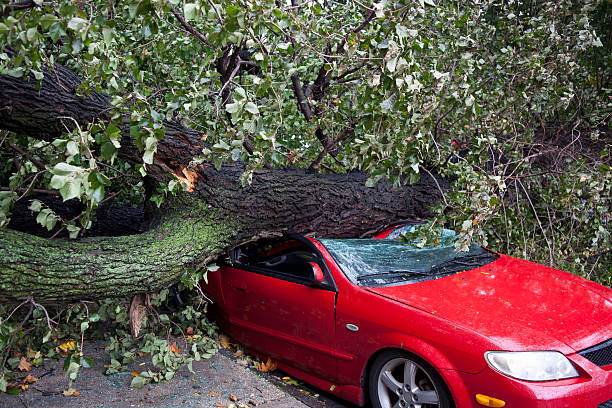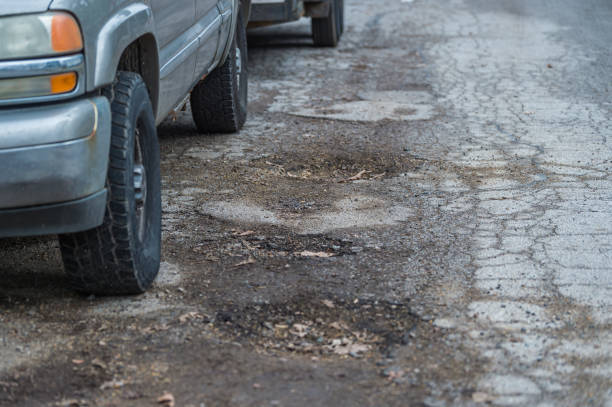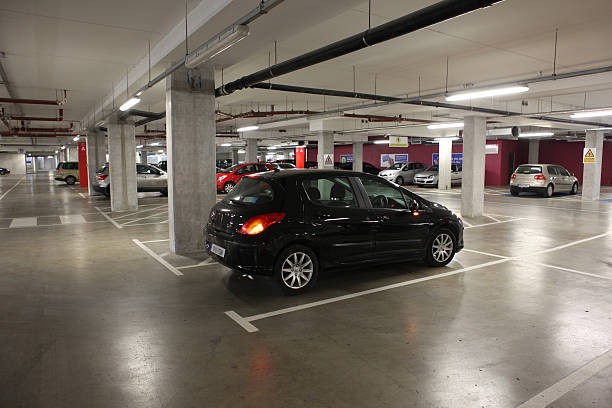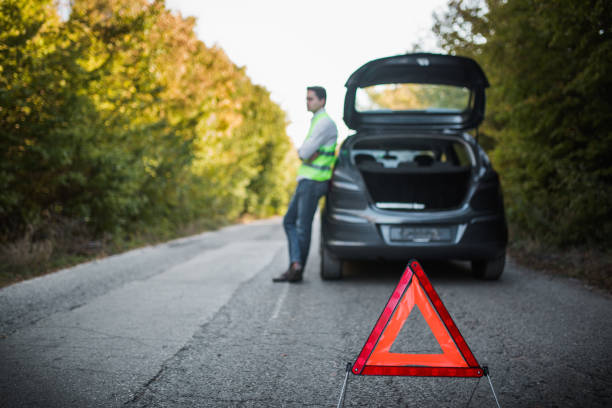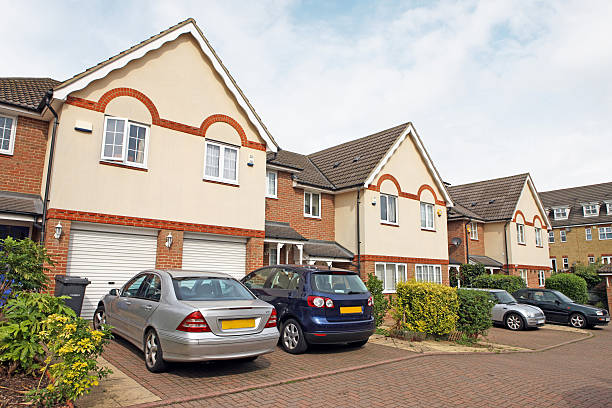Does Car Insurance Cover Hurricane Damage?
Does car insurance cover hurricane damage? Natural disasters such as hurricanes can wreak havoc on our lives, causing significant damage to homes, infrastructure, and vehicles.
If you reside in an area prone to hurricanes or are planning to travel to such regions, it’s crucial to understand the extent of your car insurance coverage in the face of potential hurricane damage.
The question that arises is, “Does car insurance cover hurricane damage?”
The answer to this query depends on various factors, including the specific terms and conditions of your insurance policy, the type of coverage you have, and the nature of the damage sustained by your vehicle.
In this article, we will delve into the intricacies of car insurance coverage for hurricane damage, shedding light on the key considerations and steps to navigate the claims process effectively.
By gaining a better understanding of your policy and available options, you can be better prepared to protect yourself and your vehicle in the event of a hurricane.
Also Read:
What Happens to Life Insurance When You Leave a Job?
What Is Modified Whole Life Insurance?
Does Car Insurance Cover Hurricane Damage?
When it comes to natural disasters like hurricanes, one of the foremost concerns for vehicle owners is whether their car insurance will cover the damage caused by such catastrophic events.
The answer to this question can vary depending on several factors, including the type of coverage you have, the specific terms and conditions of your insurance policy, and the nature of the damage sustained.
In general, standard auto insurance policies typically include coverage for physical damage to your vehicle caused by natural disasters, including hurricanes.
This coverage falls under the comprehensive section of your policy, which is designed to protect your vehicle against non-collision incidents such as theft, vandalism, and weather-related damage.
However, it’s crucial to review your policy carefully to ensure that it explicitly covers hurricane damage.
In some cases, car insurance policies in hurricane-prone areas may have specific provisions or deductibles associated with hurricane-related claims.
These provisions may include hurricane deductibles, which are separate deductibles specifically applicable to hurricane damage.
They are usually expressed as a percentage of your vehicle’s insured value and are often higher than the standard deductible.
It’s important to note that if you only have liability coverage or basic coverage that meets the state’s minimum requirements, you may not have protection against hurricane damage.
Liability coverage typically covers damage you cause to others, but it does not provide coverage for your own vehicle.
To ascertain the extent of your coverage, it is recommended to contact your insurance provider directly and discuss the details of your policy with them.
They can clarify the specific coverage inclusions and exclusions related to hurricane damage.
Overall, car insurance policies may cover hurricane damage under the comprehensive section, but it is essential to review your policy and confirm the details with your insurance provider.
Understanding the terms, deductibles, and limitations of your coverage will help you make informed decisions and take appropriate measures to protect your vehicle in hurricane-prone areas.
Steps to Take if Your Car Sustains Hurricane Damage
If your car has sustained damage from a hurricane, it’s important to take prompt action to ensure your safety and navigate the insurance claims process smoothly.
Here are the key steps you should consider:
1. Ensure Personal Safety
Prioritize your safety and the safety of others.
If your car is in a dangerous location or in an area prone to further damage, it’s best to move to a secure location and seek necessary assistance.
2. Document the Damage
Take photos or videos of the damage sustained by your vehicle from various angles.
This visual evidence will be valuable during the claims process and can help support your case.
3. Contact Your Insurance Provider
Notify your insurance company as soon as possible.
Provide them with all the necessary details about the damage, including the date, time, and location of the incident.
Follow their instructions regarding the claim process and any specific documentation they require.
4. Mitigate Further Damage
Take reasonable steps to prevent additional damage to your vehicle.
This could include covering broken windows with plastic, drying out the interior, or arranging for temporary repairs if necessary.
However, be sure to consult with your insurance company before proceeding with any repairs to avoid potential claim issues.
5. Obtain Repair Estimates
Get multiple repair estimates from reputable auto repair shops or preferred providers recommended by your insurance company.
Submit these estimates to your insurer for review and approval before proceeding with any repairs.
6. Keep Records and Communicate
Maintain a detailed record of all communication with your insurance company, including dates, names of representatives spoken to, and summaries of conversations.
This documentation will be helpful in case of any disputes or discrepancies.
7. Follow the Claims Process
Cooperate with your insurance company throughout the claims process.
Provide any additional information or documentation they request promptly to expedite the resolution of your claim.
Remember, the steps to take after your car sustains hurricane damage may vary depending on your specific insurance policy and the extent of the damage.
It’s always advisable to consult your insurance provider for guidance tailored to your situation.
Exploring Additional Coverage Options for Protection Against Hurricane Damage
In addition to standard car insurance coverage, it’s worth exploring additional options to enhance protection against hurricane damage.
One such option is purchasing comprehensive coverage with a lower deductible specifically tailored for hurricane-related incidents.
Some insurers offer optional endorsements or riders that provide extra coverage for hurricane damage, including coverage for flood-related damage.
It’s important to carefully review and understand the terms, conditions, and limitations of these additional coverage options.
Consulting with your insurance provider can help you evaluate the feasibility and cost-effectiveness of such coverage enhancements to ensure your vehicle is adequately protected in the event of a hurricane.
Also Read:
Can You Use Life Insurance to Buy a House?
Do Life Insurance Companies Contact Beneficiaries?
Conclusion
The question of whether car insurance covers hurricane damage hinges on several factors.
While standard comprehensive coverage typically includes protection against natural disasters like hurricanes, it is crucial to review your policy to confirm explicit coverage for such events.
Additionally, specific provisions, such as hurricane deductibles, may apply in hurricane-prone areas.
Liability-only policies usually do not cover hurricane damage, as they primarily focus on damage caused to others.
To ensure clarity and understanding, it is advisable to communicate directly with your insurance provider and discuss the details of your policy.
By doing so, you can gain a comprehensive understanding of the coverage inclusions, exclusions, and any limitations associated with hurricane damage.
Remember to document the damage, prioritize safety, and promptly notify your insurance company in the event of hurricane-related damage.
By being well-informed and taking the necessary steps, you can protect yourself, your vehicle, and navigate the claims process effectively in the face of hurricane damage.

